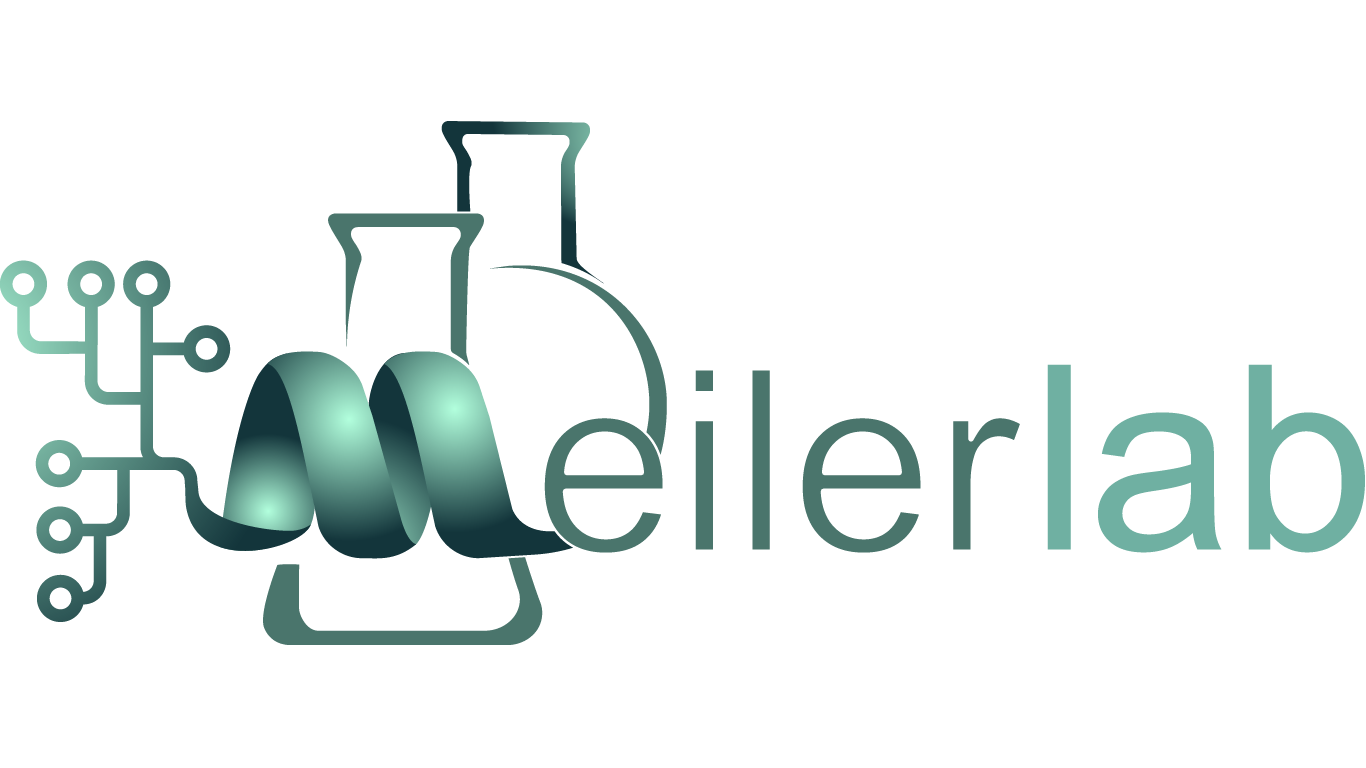Fluorogen-Activating Proteins (FAPs) are a group of unrelated proteins capable of binding to non-fluorescent molecules (fluorogens) and increasing their fluorescence quantum yield and/or changing spectral properties upon binding. The noncovalent nature of the interaction of a fluorogenic dye with a protein allows for on-demand fluorescent labeling of target proteins. Protein-ligand binding events cause fluorescence signal flashes. This FAPs property is exploited for obtaining super-resolution images using illumination intensities far below damaging levels. We are working on the design of novel FAPs based on bacterial lipocalin Blc.
References:
[1]
Gallo, E. (2019). Fluorogen-activating proteins: Next-generation fluorescence probes for Biological Research. Bioconjugate Chemistry, 31(1), 16–27. https://doi.org/10.1021/acs.bioconjchem.9b00710
